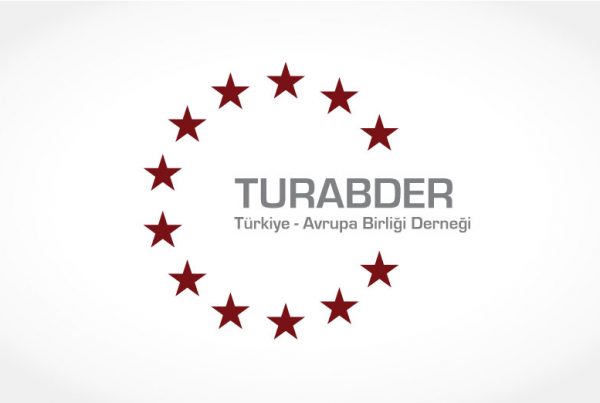As the representative of the Turkey EU Association, member of the European Movement.int since 1980, I would have expected that the issues discussed to-day in London on how to secure a more prosperous, more secure, more powerful and more democratic future for the EU would have already been solved. But alas such is not the case,
EU-skepticism, electoral authoritarianism is on the rise. Populist policies abound, extremism, bigotry are seen in almost all members and applicants. Demographic trends seem to lead to an increase in the fear of others as migrants seeking work or refuge wish and try to enter these countries. Far right racist movements and acts lead to counter steps taken by minority groups and terrorist groups. As the momentum of these trends increase neither individual governments nor EU institutions are able to come up with policies which might help solve these problems. All this is happening in times when the world economy has slowed down.
When such political and economic problems are on the rise in the developed world their repercussions on the developing world are much greater. Call it a snowball effect or a domino effect, these crisis ends up affecting us all. When the EU sneezes, countries nearby do get the flue. When the sneeze starts an avalanche, this snow ball effect can reach unexpected proportions especially if the countries affected have domestic problems of their own which clueless governments are unable to solve.
Can such vicious circles be turned into a virtuous one is the question we need to answer? And if yes, how? Forecasts for the next ten, twenty years made by futurologists speak of a world where the EU, the UN, the Bretton Woods system as we know it will no longer exist. They speak of the necessity of building a new more equitable world order. I shall try not to come up with such gloomy suggestions though I feel we are more and more in a stage where we could be speaking of a “disunited” state of Europe than a united one. I shall try to come up with short run suggestions which might benefit the EU and Turkey.
1. We need to continue to address mutually the refugee influx problem.
2. There should be no formal cancellation of talks on accession negotiations, no deal of conditionality which would enable applicants to evade obligations stipulated in the acquis.
3. The duplicity which exists in Turkey’s relations with the EU should end. Chapters 23 and 24 on fundamental rights, justice and freedoms should have been opened and closed a decade ago. The chapters opened and yet not closed dealt mainly with some technical, social and mostly economic issues. If chapters dealing with the main pillars of a democracy had been opened earlier, Turkey would have benefited from them much earlier.
4. The EU-Turkey customs union agreement should be revised and extended to services, agriculture, procurement and conflict resolution issues so as to enhance the economic competitiveness of parties involved.
5. Finally all channels of communication should remain open between Turkey and the EU. A positive engagement is absolutely necessary if Turkey’s interest in the EU and EU’s interest in Turkey does not completely wither away.


